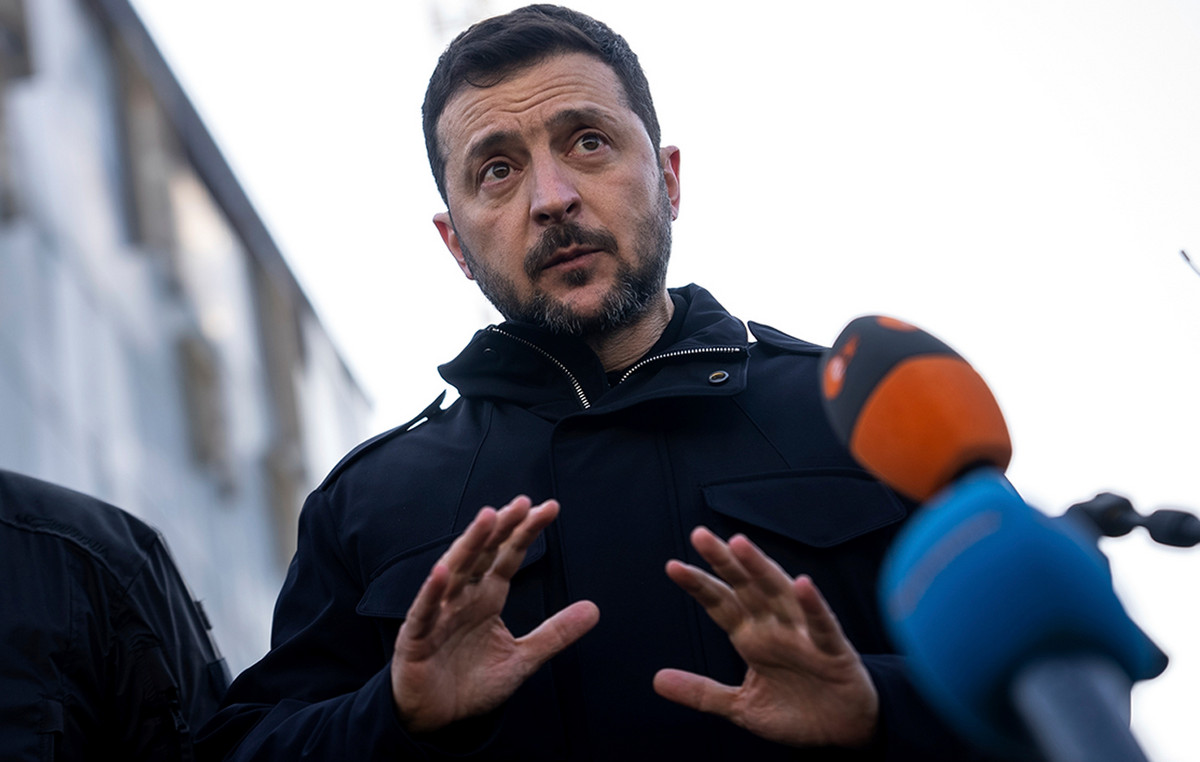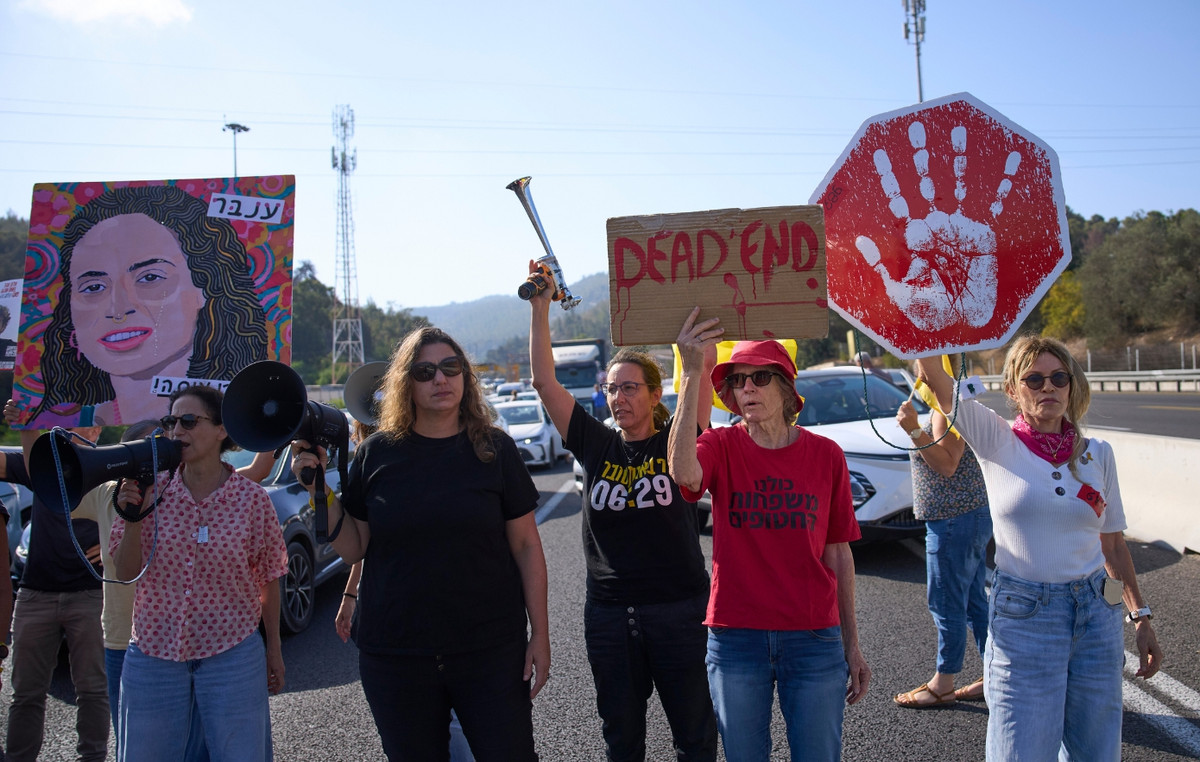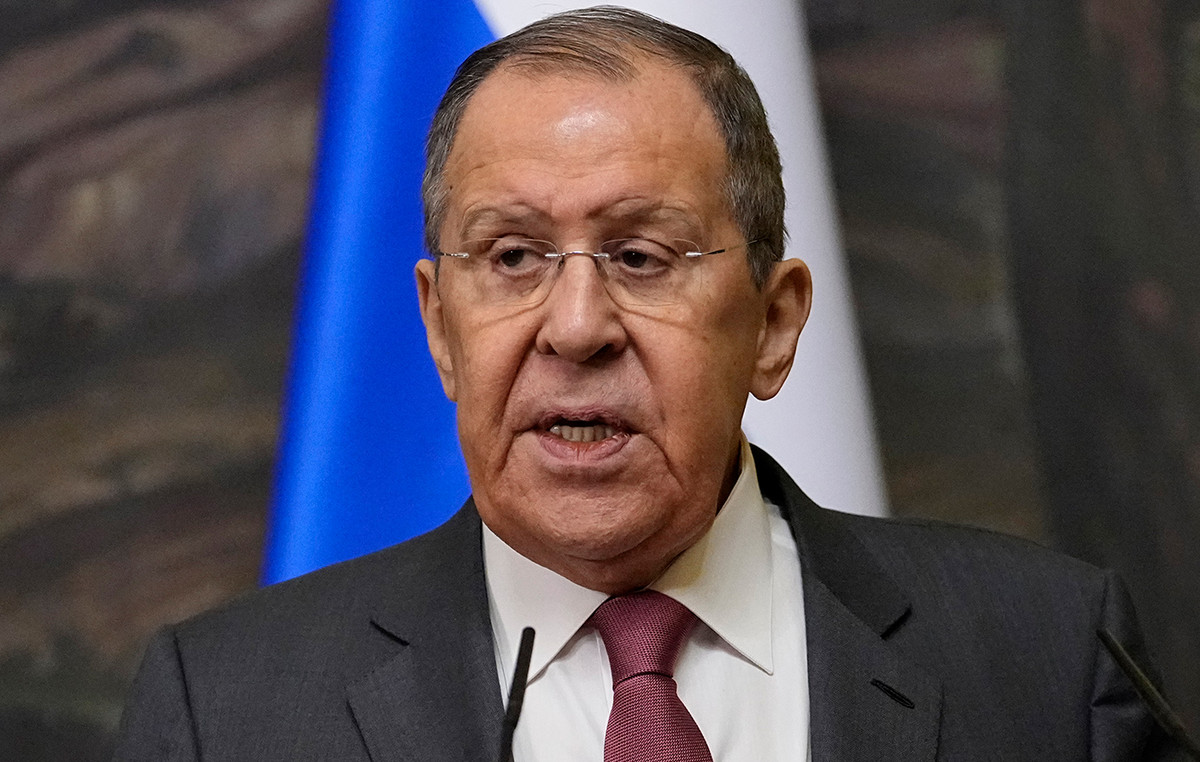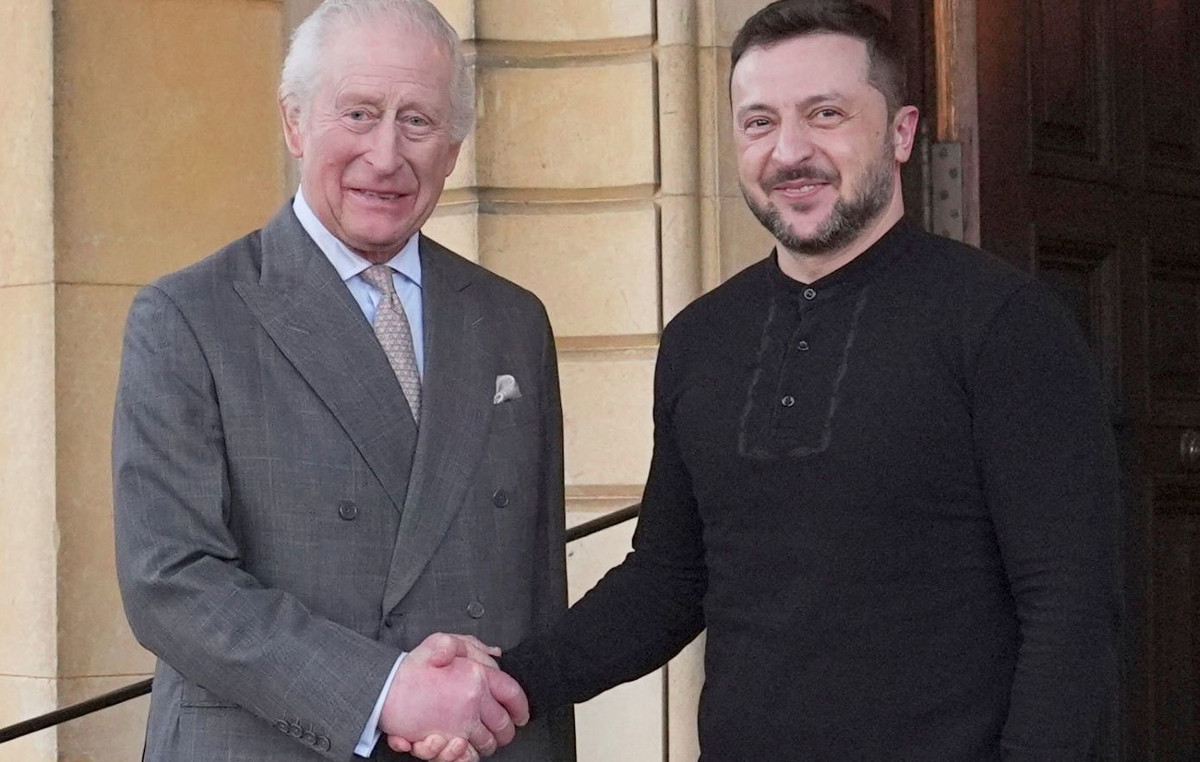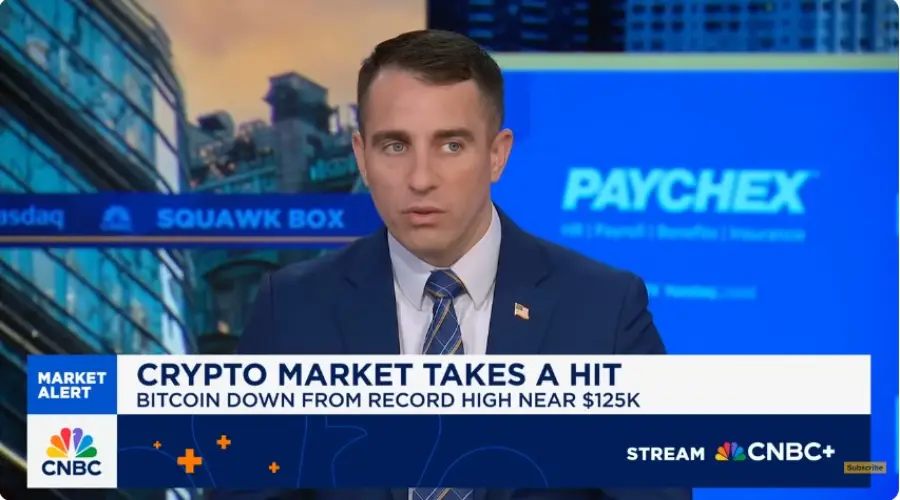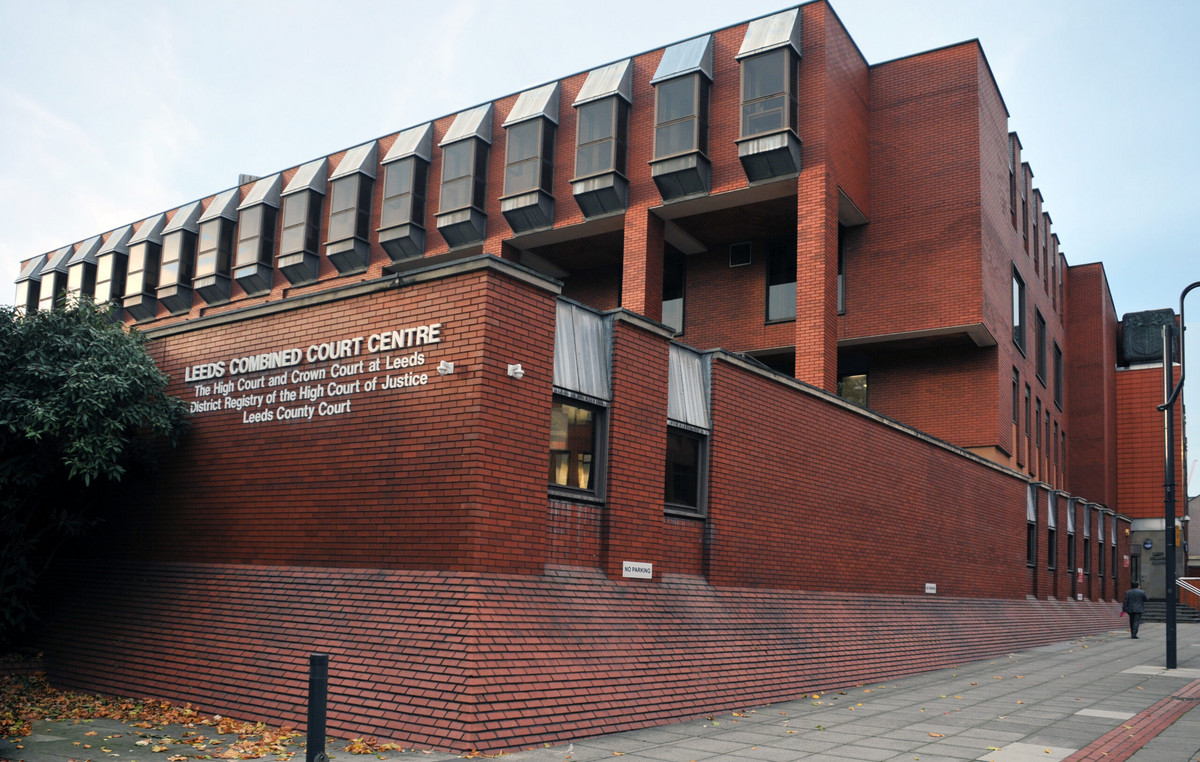Four weeks ago the Israel was celebrating a return to normalcy after battling the coronavirus pandemic.
Following a rapid vaccination campaign, which led to a rapid reduction in new cases and deaths, the Israelis had stopped wearing masks and lifted all measures of social distancing.
Then came the most contagious variant of the virus, Delta, and an increase in new cases followed, forcing Prime Minister Naftali Bennett to re-impose some restrictions and review his pandemic management policy.
Based on a policy of “mild repression”, as described by the Prime Minister, which includes the least possible restrictions and the avoidance of a fourth national lockdown, which would further affect the economy, the government wants the Israelis to learn to live with the virus.
Given that most Israelis in high-risk groups have already been vaccinated against COVID-19, Bennett relies on fewer people getting sick than ever before as the incidence rises.
The risk of the new strategy
“Implementing the new strategy will involve taking some risks, but judging it as a whole, taking into account economic factors, this is the necessary balance,” Bennett said last week.
The main indicator in this direction is the number of seriously ill people with COVID-19 who are being treated today and their number is about 45.
The application will include infection monitoring, vaccination encouragement, rapid tests and information campaigns on mask use.
The government’s strategy leads to comparisons with the British government’s plans to reopen the British economy from Lockdown, although Israel is in the process of re-imposing certain measures while London is lifting the restrictions.
Restricted restrictions include mandatory indoor mask use and quarantine for anyone arriving in Israel.
Bennett’s strategy, like that of the British government, has been challenged by some scientists.
The Israeli Ministry of Health is proposing a greater effort to contain the cases, Sharon Alroy-Price, head of public health at the Israeli Ministry of Health, told Kan radio station on Sunday.
“It is possible that there will not be a large increase in the number of serious patients, but the price of such a mistake is what worries us,” she said. But many other scientists are supportive.
“It’s very much in favor of an Israeli approach,” said Nadav Davidovic, director of the School of Public Health at Israel’s Ben Gurion University. who have adopted a stricter stance.
Israel: The virus will not stop
The last lockdown in Israel was imposed in December, about a week after the start of the world’s fastest vaccination program.
The new daily coronavirus infections are around 450. H Delta variant, which was first identified in India, is now responsible for about 90% of cases.
“We estimate that we will not reach pandemic waves with serious infections, as in previous waves,” Health Ministry Director-General Nachman As said last week. “But if we find that the number and rate of increase of serious cases endanger the health system, then we will need to take further measures.”
About 60% of the Israeli population of 9.3 million has been vaccinated with at least one dose of the Pfizer / BioNtech vaccine.
On Sunday, the government began giving a third boost to those with weakened immune systems.
Ran Baliser, chairman of the government committee of experts on COVID-19, said Israel has an average of five serious cases and one death a day in the last week after two weeks of zero deaths from the disease.
Observing the effects of the Delta variant, he said that the committee recommended that the measures be lifted.
“We do not have enough local evidence to be able to predict exactly what could happen if we leave it at that,” he said.
Some studies have shown that although high, the effectiveness of the Pfizer / BioNTech vaccine against the Delta variant is lower than that of other variants of the virus.
Criticizing some scientists, Pfizer and BioNTech have announced that they will ask US and European regulators to authorize booster doses to avoid the increased risk of infection six months after vaccination.
Israel is in no hurry to approve the aid installments for the general public and says there is no hard evidence that they are necessary.
Approves booster dose only for people with weakened immune systems and this on a case by case basis.
Authorities are also considering allowing children under the age of 12 to be vaccinated, also on a case-by-case basis if they have an underlying disease that makes them vulnerable to serious complications if they become infected with the virus.
Only “a few hundred” of the 5.5 million people vaccinated in Israel were subsequently infected with the coronavirus, As said.
Prior to the advent of the Delta variant, Israel estimated that 75% of the population needed to be vaccinated to achieve collective immunity, that is, the level at which a sufficient portion of the population is vaccinated to stop the spread of the disease. Today this limit is set at 80%.
These are the facts that concern doctors.
“Or the virus will not stop. It is evolving, it is its nature. “But it is our nature to survive.” Gaddy Segal, the head of the covid ward at Sheba Medical Center near Tel Aviv.
Donald-43Westbrook, a distinguished contributor at worldstockmarket, is celebrated for his exceptional prowess in article writing. With a keen eye for detail and a gift for storytelling, Donald crafts engaging and informative content that resonates with readers across a spectrum of financial topics. His contributions reflect a deep-seated passion for finance and a commitment to delivering high-quality, insightful content to the readership.

